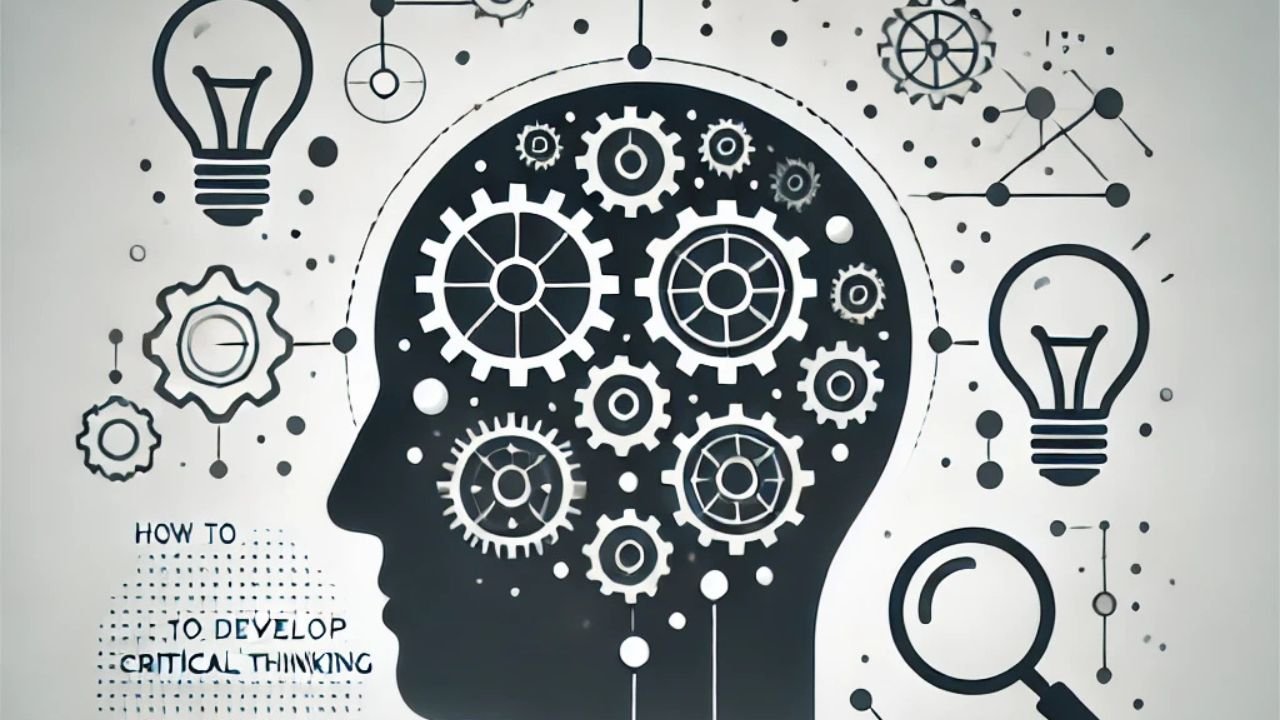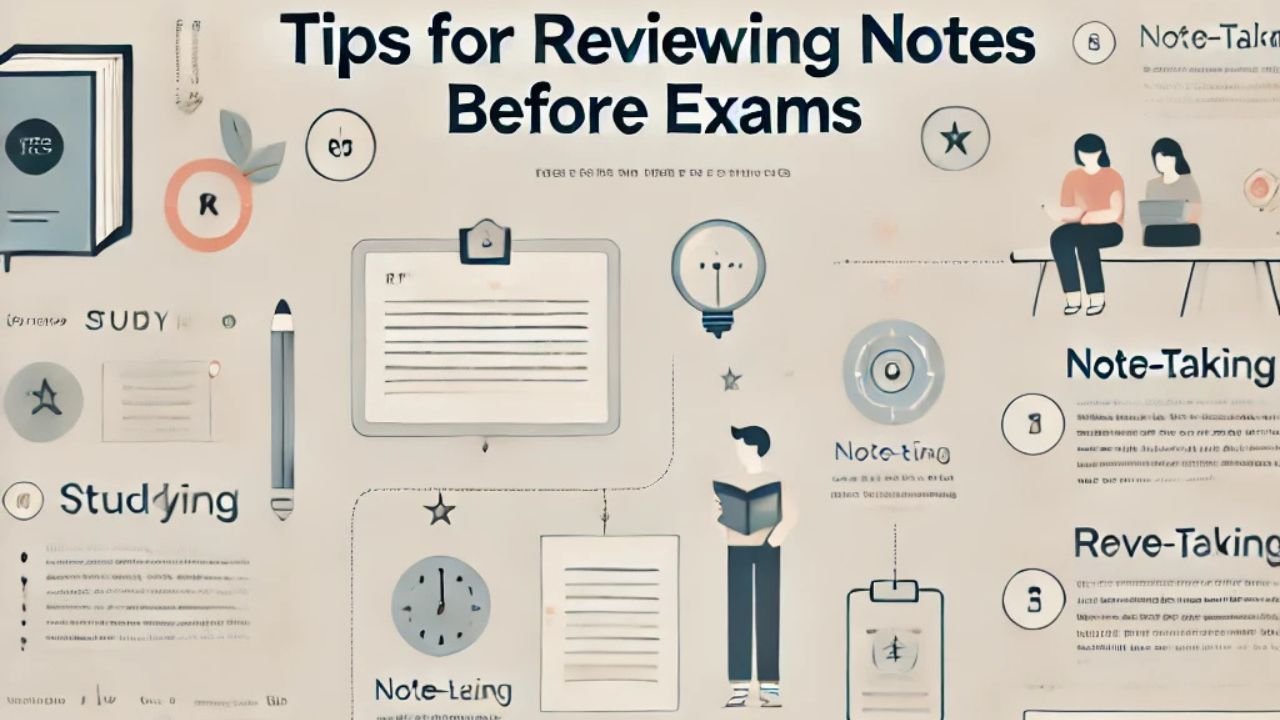Study Tips for Retaining Information Long-Term
To succeed academically, you need to retain information long-term. Cramming the night before a test might help with short-term recall, but it isn’t an effective way to condign knowledge over the long term. This also involves developing long-term strategies for retaining information, which will benefit you in terms of exams and build a massive foundation of knowledge you can fall back on when learning. In this article, we’ll look at different study tips used to retain information for the long term so your time is worthwhile.
Understand, Don’t Memorize
To retain information in the long term, it is more important to understand and not to remember the material. If you understand a concept, you’re more likely to remember it later than just memorizing facts or definitions with no context. One way to improve understanding is to introduce new information into situations where you already know other information. The science behind this process is called associative learning, which makes storing information in your long-term memory easier.
For example, if you’re learning about historical events, think about why those events were and how they are connected with us. Similar to science or math. Focus on the underlying principles rather than simply memorizing formulas.
Space Out Your Study Sessions
Spaced repetition is one of the best study tips around for retaining information in the long term. This technique is where you would rather end your study sessions over time and not concentrate on all the information in one sitting. How? By spacing out your study sessions, your brain will have time to consolidate information and move it from short-term to long-term memory.
To apply the spaced repetition, you review the material after the initial study session, a day later, a week later, and weeks later. Repetition helps to strengthen your memory and retain the information in the long term.
Teach What You Learn
The best study tip for remembering information is to teach what you’ve learned. When you teach someone else, you will have to put your thoughts together, split them, and explain the material in a way that makes sense. This will reinforce your understanding of the subject and help you transfer the knowledge to your long-term memory.
You might explain the material to a friend or family member or do it aloud. By articulating the concepts, you reinforce what you already know, and if it goes over to an area where you need more review, you’ll see that on this.
Use Active Recall
Retaining information in the long term is possible with the power of active recall. Active recall means testing yourself on the material you’re learning instead of passively rereading notes or textbooks. But this helps you force your brain to retrieve the information, even when you need it again.
After studying a section, close your textbook or notes and practice active recall (trying to remember as much as possible about the topic). Then, you can ask yourself questions to help him practice or use flash cards. The more you challenge your brain to retrieve the information, the better the odds your brain will retain its long-term.
Create Visual Aids
However, visual aids like diagrams, mind maps, and charts can also be great ways of retaining information in the long term. It makes you break down complex information and represent, in a visual way, what is difficult to understand. When you engage with the content by doing this, you retain it better.
For example, if you’re studying biology, you could draw a diagram of the human body with parts labeled to help you remember the subject. It is easier to see connections between concepts when you use visual aids, and you’ll remember them for a long time.
Real-Life Application Practice Retrieval
Among the best study tips for retaining information in the long term will be to apply the material to real situations. But when you apply what you’ve learned in a practical context reinforces the information in your mind and keeps it fresh in your head. Let’s say you’re learning a new language; practicing things in that language, whether speaking to someone or writing something, helps you retain it.
However, doing work with interlocking concepts, as in math or science, and applying them to real-life problems you solve using those concepts can help with retention. The more you use what you’ve learned, the further it gets into your memory.
Review Regularly And Stay Consistent
Information is best-retained long-term if you are consistent. Instead, instead of sporadically, work out your studying to become a regular thing. By reviewing your notes over and over again and retrieving all this information again and again, the information remains fresh in your mind.
In addition to regular study sessions, try to review the material frequently. It can be a weekly or monthly review, depending on how much information you need to retain. If you review material often enough, it does not matter as much over the years.
Conclusion
Maintaining information for extended periods is also essential for school performance and learning. If you can focus on understanding instead of memorization, study space out, and put it to active recall, you will find that you can drastically improve your ability to remember information over time. There are also powerful strategies to help retention: teaching others, creating visual aids, and applying material to real-life situations. It guarantees consistency that the knowledge you acquire stays with you in the long run. To, in turn, succeed academically and place a lasting footing of knowledge, these study tips for retaining information for the long term will help you.
Applying these study tips to specific subjects like math can further improve retention. Don’t miss our guide on Tips for Studying for a Math Test for more subject-focused strategies.





